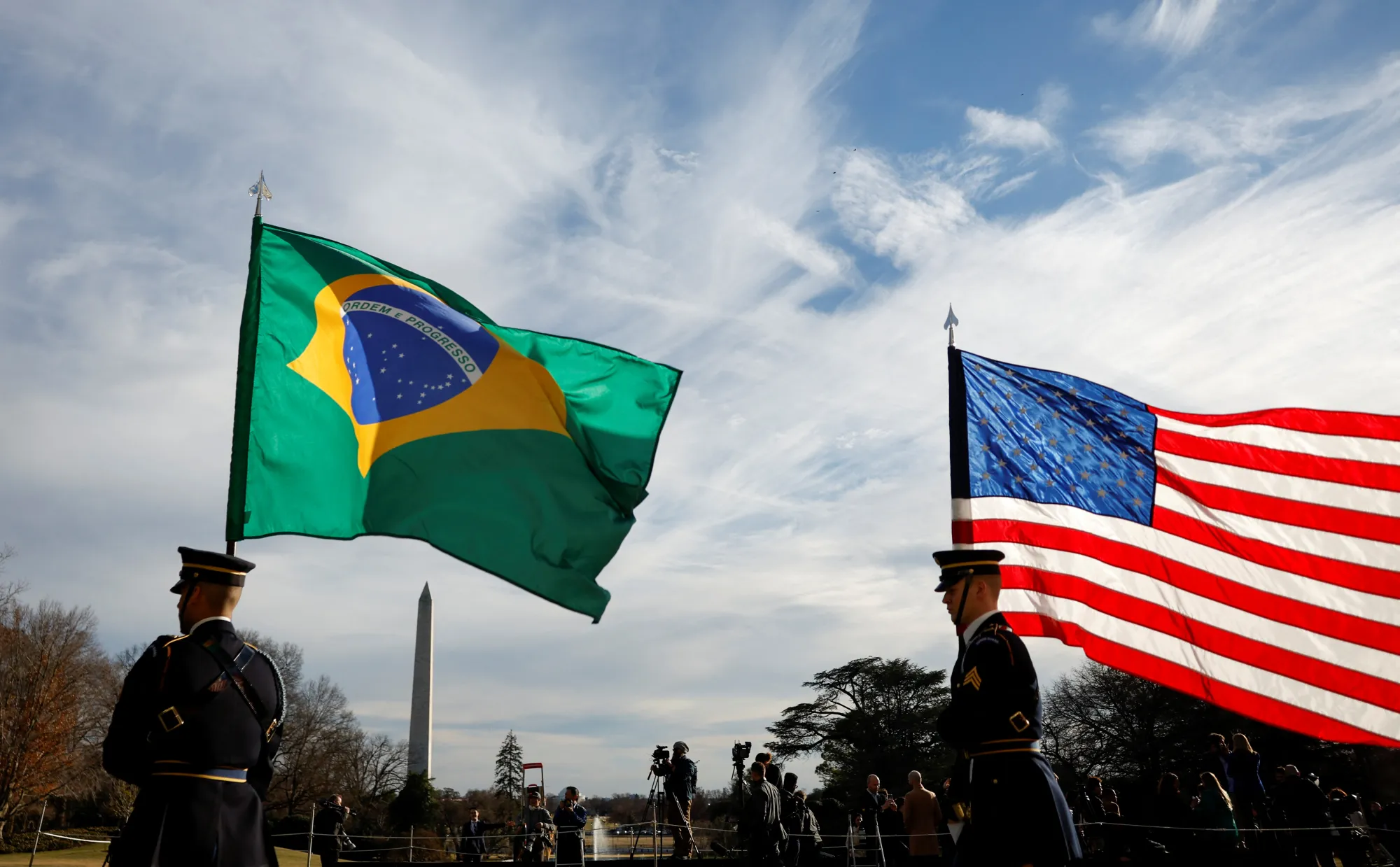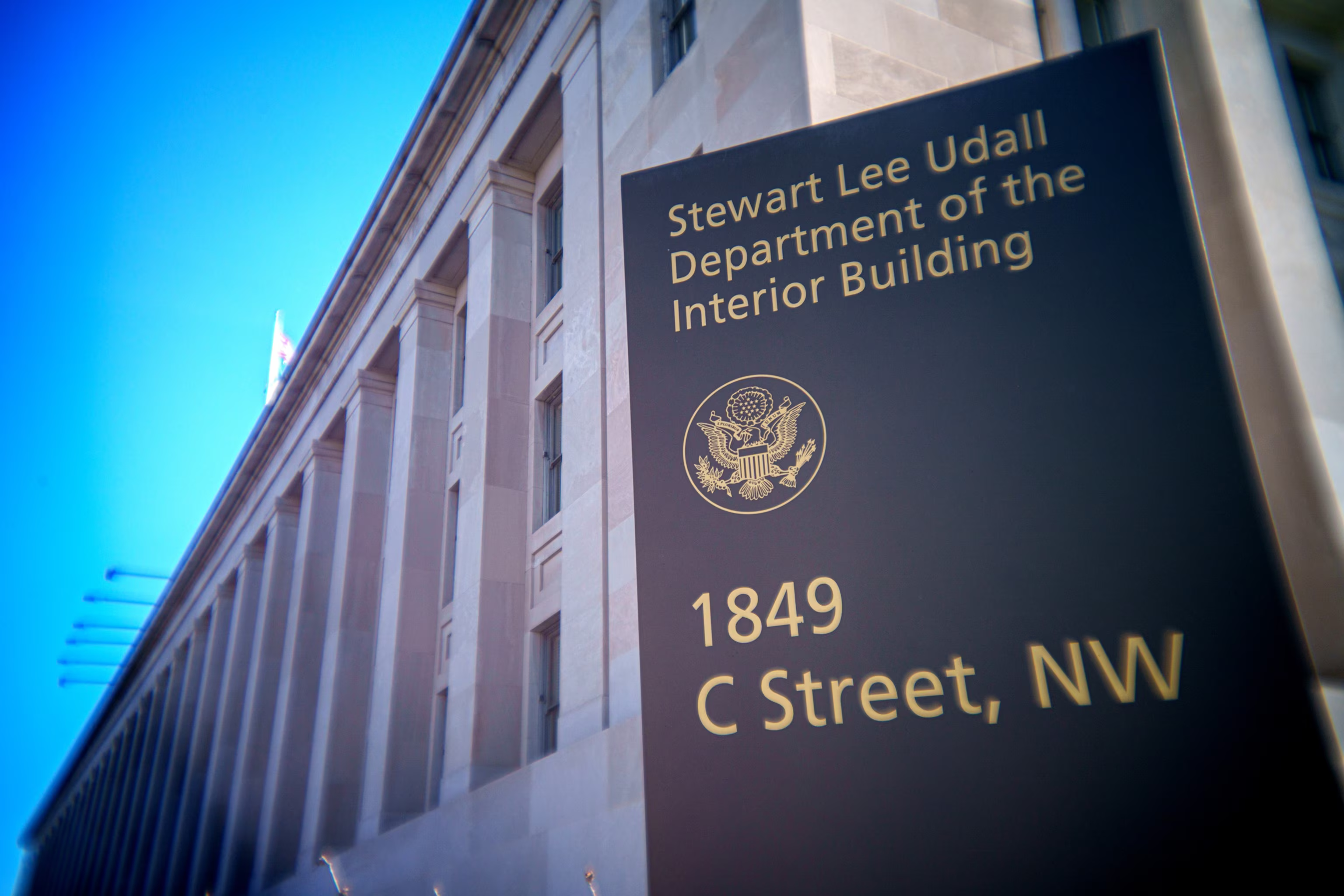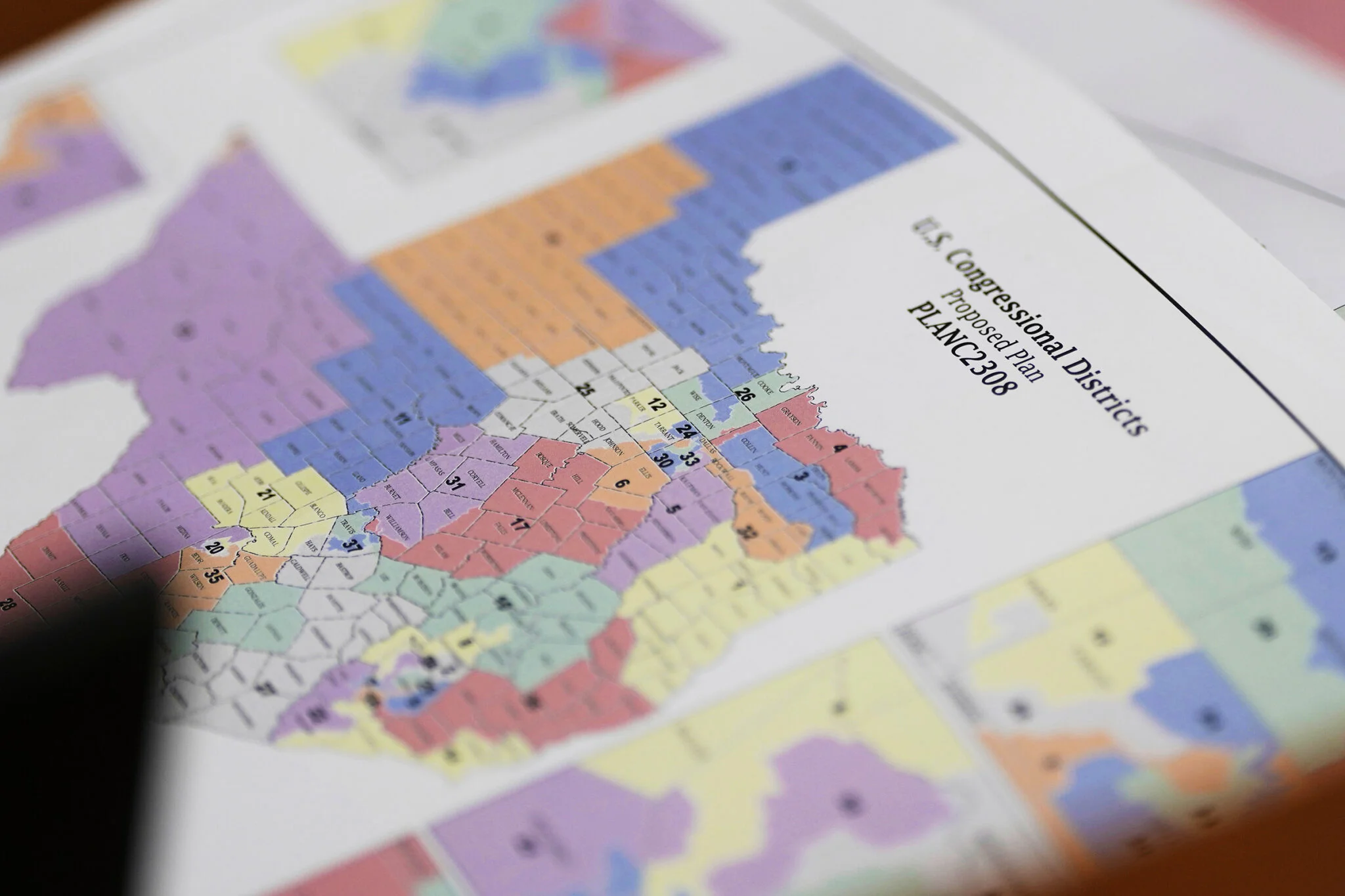Brazilian Foreign Minister Mauro Vieira met with U.S. Secretary of State Marco Rubio to discuss bilateral relations between the two countries. The meeting marks a significant moment in diplomacy after a period of limited high-level dialogue.
The talks covered topics of mutual interest, including bilateral trade, tariff issues, and regional cooperation. The meeting took place in Washington.
Context of Bilateral Talks
Bilateral trade moves tens of billions of dollars annually. The United States is one of Brazil’s main trading partners, along with China.
Brazil exports agricultural products such as beef, poultry, and soybeans to the American market. The country also produces aircraft through Embraer, renewable energy equipment, and industrial machinery.
On the American side, companies are present in various sectors of the Brazilian economy, including technology, financial services, and manufacturing.
Tariffs and Trade Barriers
Brazil maintains import taxes on various manufactured products as part of its trade policy. The United States has tariffs on steel and aluminum from various countries.
Tariff issues are part of trade discussions between the two countries.
Climate Policy and Amazon Preservation
The Amazon rainforest is located primarily in Brazilian territory. As guardian of the world’s largest tropical forest, Brazil plays a relevant role in global environmental issues. President Lula has included environmental protection in his agenda.
The Amazon Fund exists as a financing mechanism for preservation projects. Discussions on environmental cooperation are part of the bilateral agenda.
Security Cooperation and Regional Leadership
Brazil and the United States maintain channels of cooperation on security issues. The intensity of this collaboration varies over time, depending on government priorities.
Brazil has a tradition of autonomy in foreign policy. This independent stance has generated disagreements on issues related to other countries in the region.
Brazil is a founding member of Mercosur. The United States participates in the Organization of American States and maintains bilateral relationships in the region.
The Diplomatic Protagonists
Mauro Vieira has decades of experience in diplomatic service. He served as ambassador to Argentina and the United States, permanent representative to the United Nations, and foreign minister in previous Lula administrations.
Marco Rubio was a senator from Florida before being appointed Secretary of State. He is Cuban American and has well-known positions on Latin American policy, including criticism of leftist governments in Venezuela, Cuba, and Nicaragua.
Presidential Relations
Lula and Trump have different views on international politics. Lula emphasizes South-South cooperation and multilateralism in his foreign policy. Trump became known for a transactional approach to diplomacy and “America First” policies during his first term.
Domestic Political Constraints
Lula manages a coalition with different positions on foreign policy and must balance multiple interests, including business demands and maintaining relations with different international partners.
In the United States, different economic and political sectors exert influence over foreign and trade policy decisions.
Geopolitical Context
China is Brazil’s largest trading partner and a major investor in Latin American infrastructure. Brazil maintains diplomatic and commercial relations with both the United States and China.
Other Latin American countries, including Venezuela and Argentina, are part of the regional context that influences relations between Brazil and the United States.
Outlook
The meeting between Vieira and Rubio represents high-level dialogue between the two countries. Trade, environmental, and regional cooperation issues are part of the bilateral agenda between Brazil and the United States.
Contact us today through our WhatsApp to discover how we can help you achieve success in the United States.
Sources: G1.Globo | Gazeta do Povo | CNN Brasil | Info Money



